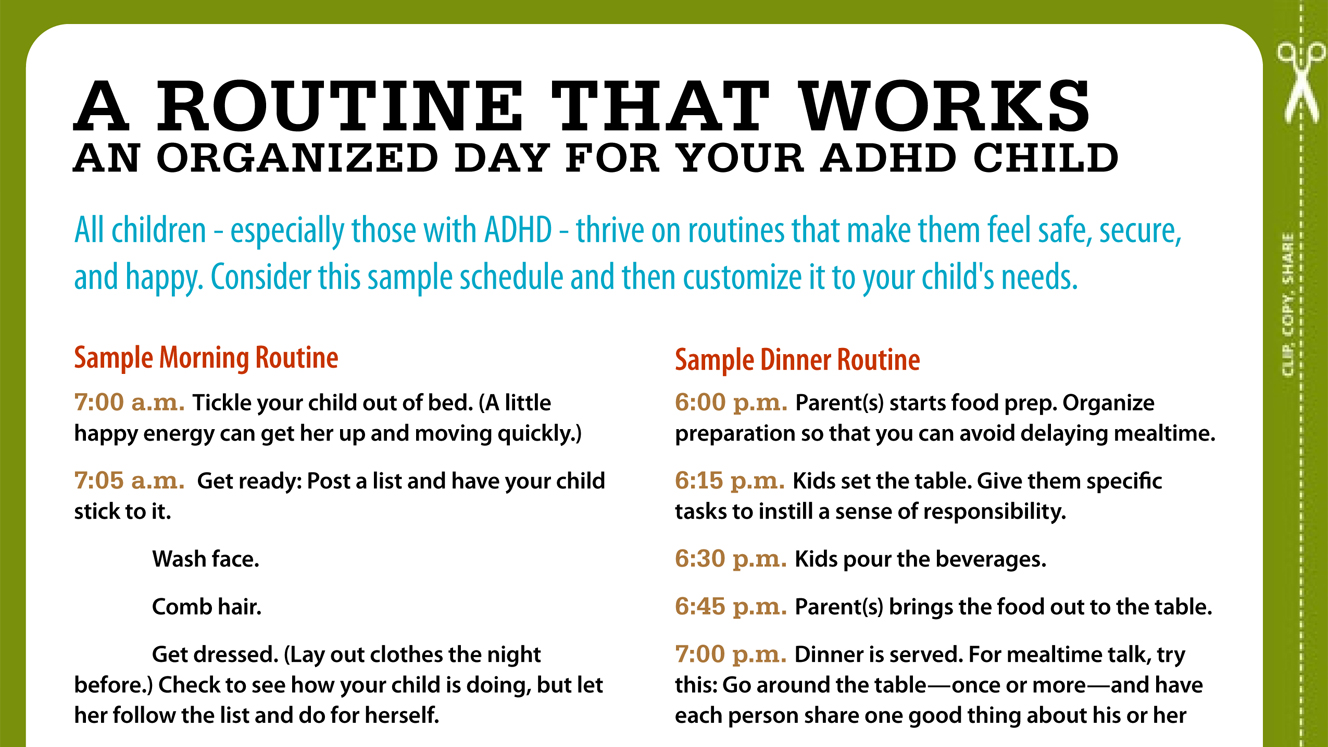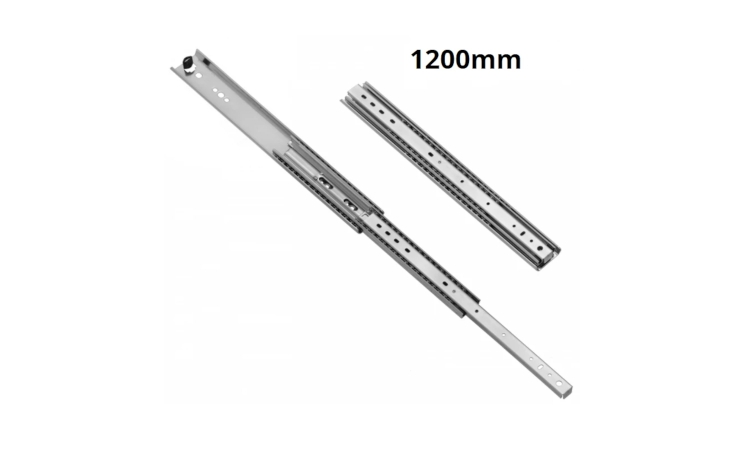ADHD And Aging: The Role Of Brain Iron In Cognitive Function

Table of Contents
The Aging Brain and ADHD
The aging process naturally brings about cognitive changes. Memory, processing speed, and executive functions may decline. However, for individuals with ADHD, these age-related changes can be significantly amplified, leading to more pronounced difficulties. Existing challenges with attention, impulsivity, and organization become even more pronounced, impacting daily life and overall well-being.
- Increased difficulty with executive function: Planning, organizing tasks, and managing time become increasingly challenging, impacting work, personal relationships, and independent living.
- Enhanced challenges with attention and focus: Sustaining attention and concentration becomes more difficult, leading to reduced productivity and increased frustration.
- Potential exacerbation of impulsivity and hyperactivity: Impulsive behaviors and restlessness may increase, affecting decision-making and social interactions.
- Greater susceptibility to age-related cognitive decline: Individuals with ADHD may experience a faster or more pronounced decline in cognitive abilities compared to their neurotypical peers. This emphasizes the importance of proactive management strategies.
Iron's Role in Brain Health and Cognitive Function
Iron plays a vital role in numerous brain processes crucial for optimal cognitive function. It's essential for:
- Neurotransmitter synthesis: Iron is involved in the production of neurotransmitters like dopamine and norepinephrine, which are critical for attention, motivation, and mood regulation. Imbalances in these neurotransmitters are often implicated in ADHD symptoms.
- Myelin production: Myelin is the protective sheath surrounding nerve fibers, facilitating efficient neural transmission. Iron deficiency can impair myelin formation, slowing down cognitive processing speed.
- Brain energy metabolism: Iron is crucial for cellular respiration, the process that generates energy for brain cells. Insufficient iron can lead to reduced energy production, affecting cognitive performance.
- The link between iron dysregulation and neurodegenerative diseases: Studies suggest a link between iron dysregulation (both deficiency and overload) and an increased risk of neurodegenerative diseases like Alzheimer's and Parkinson's, highlighting the importance of maintaining healthy iron levels throughout life.
Iron Overload and ADHD
Iron overload in the aging brain, while less frequently discussed than iron deficiency, is a growing area of concern, particularly in relation to ADHD. Excess iron can contribute to:
- Oxidative stress: Excess iron promotes the formation of free radicals, causing oxidative stress that damages brain cells and contributes to cognitive decline.
- Potential contributing factors to iron overload: Genetic predisposition, a diet high in iron-rich foods, and certain medical conditions can all contribute to iron overload.
- The impact of iron overload on ADHD symptoms in older adults: Excess iron may worsen existing ADHD symptoms, leading to further difficulties with attention, focus, and impulsivity control.
- Emerging research on iron chelation therapy: Iron chelation therapy, which removes excess iron from the body, is being explored as a potential treatment strategy for iron overload-related cognitive dysfunction.
Iron Deficiency and ADHD
Iron deficiency anemia, characterized by low levels of iron in the blood, can significantly impair cognitive function, particularly in individuals with ADHD. Symptoms include fatigue, weakness, and shortness of breath, alongside cognitive issues such as:
- Symptoms of iron deficiency anemia: These often include fatigue, weakness, pale skin, brittle nails, and headaches, in addition to the cognitive symptoms.
- The effect of iron deficiency on attention, memory, and executive function: Iron deficiency impairs neurotransmitter production and myelin formation, leading to difficulties with attention, memory, and executive functions, worsening existing ADHD challenges.
- Strategies to maintain healthy iron levels through diet and supplementation: A balanced diet rich in iron-rich foods, such as red meat, leafy green vegetables, and beans, along with iron supplements if necessary, can help maintain healthy iron levels.
Managing Brain Iron Levels and ADHD Symptoms in Aging
Managing brain iron levels is crucial for mitigating age-related cognitive decline in individuals with ADHD. This involves a multifaceted approach:
- Regular blood tests to monitor iron levels: Regular blood tests, including ferritin levels (a measure of iron stores), are essential for assessing iron status and guiding treatment decisions.
- Dietary strategies to maintain healthy iron levels: Focus on a balanced diet rich in iron-rich foods and Vitamin C (which improves iron absorption).
- Avoiding excessive iron intake through supplements or diet: While iron is essential, excessive intake can be harmful. Supplements should only be taken under the guidance of a healthcare professional.
- The role of a healthcare professional in managing iron levels: A healthcare professional can provide personalized recommendations on diet, supplements, and other management strategies to optimize brain iron levels and manage ADHD symptoms.
Conclusion
This article highlights the significant role of brain iron in maintaining cognitive function, especially for individuals aging with ADHD. Both iron deficiency and overload can negatively impact cognitive performance, potentially exacerbating existing ADHD symptoms. Understanding this complex interplay is crucial for effective management of cognitive decline. Consult your healthcare provider to discuss your individual needs and explore strategies for optimizing brain iron levels and managing your ADHD symptoms as you age. Don't hesitate to address concerns about your brain iron levels and their potential impact on your ADHD and overall well-being. Further research into the relationship between ADHD and aging and brain iron is essential for developing improved therapeutic strategies.

Featured Posts
-
 U S Businesses Respond To Tariff Uncertainty With Aggressive Cost Cutting
Apr 29, 2025
U S Businesses Respond To Tariff Uncertainty With Aggressive Cost Cutting
Apr 29, 2025 -
 Suspected Adult Adhd Your Action Plan
Apr 29, 2025
Suspected Adult Adhd Your Action Plan
Apr 29, 2025 -
 Trump To Issue Full Pardon For Rose What We Know
Apr 29, 2025
Trump To Issue Full Pardon For Rose What We Know
Apr 29, 2025 -
 Inflation Persists Ecb Links Rise To Continued Fiscal Support
Apr 29, 2025
Inflation Persists Ecb Links Rise To Continued Fiscal Support
Apr 29, 2025 -
 Shedeur Sanders Prank Call Son Of Falcons Defensive Coordinator Offers Apology
Apr 29, 2025
Shedeur Sanders Prank Call Son Of Falcons Defensive Coordinator Offers Apology
Apr 29, 2025
Latest Posts
-
 Glissieres De Securite Impact Sur La Mortalite Routiere Et Efficacite Des Dispositifs
Apr 30, 2025
Glissieres De Securite Impact Sur La Mortalite Routiere Et Efficacite Des Dispositifs
Apr 30, 2025 -
 Google Slides Download Free App For Android I Os And Web
Apr 30, 2025
Google Slides Download Free App For Android I Os And Web
Apr 30, 2025 -
 Serious Injuries Reported After House Explosion In Yate Near Bristol
Apr 30, 2025
Serious Injuries Reported After House Explosion In Yate Near Bristol
Apr 30, 2025 -
 Securite Routiere Les Glissieres Une Solution Efficace Pour Reduire La Mortalite Routiere
Apr 30, 2025
Securite Routiere Les Glissieres Une Solution Efficace Pour Reduire La Mortalite Routiere
Apr 30, 2025 -
 Free Google Slides Download Android I Os And Web App Apk
Apr 30, 2025
Free Google Slides Download Android I Os And Web App Apk
Apr 30, 2025
